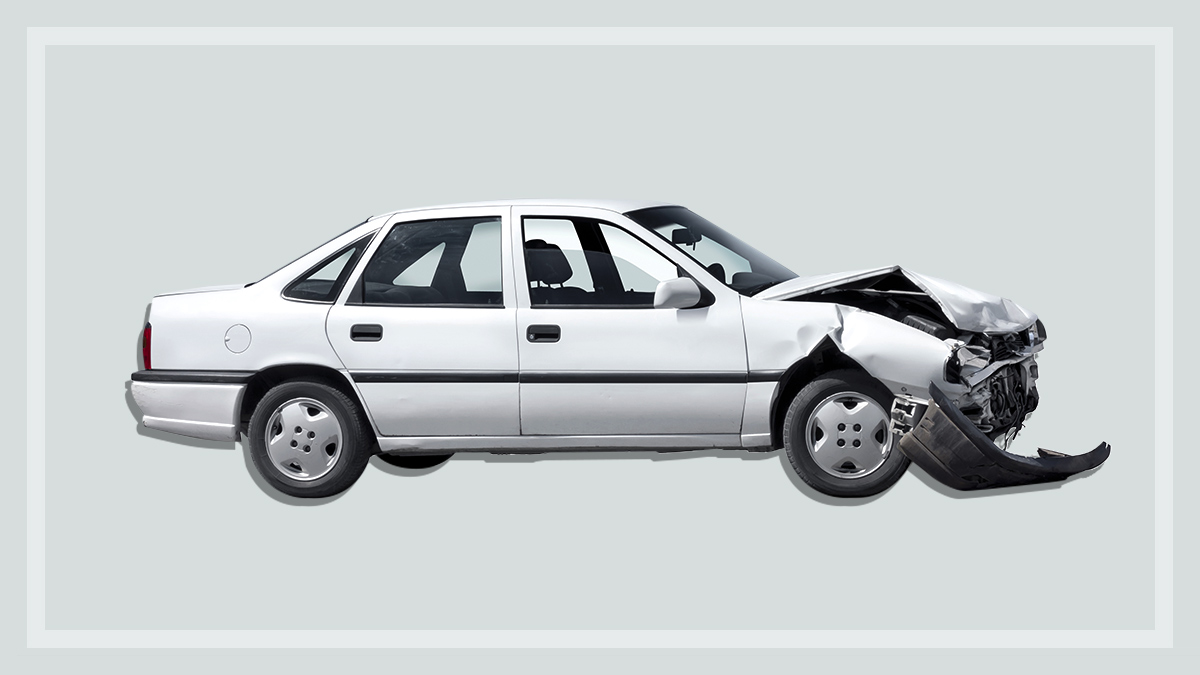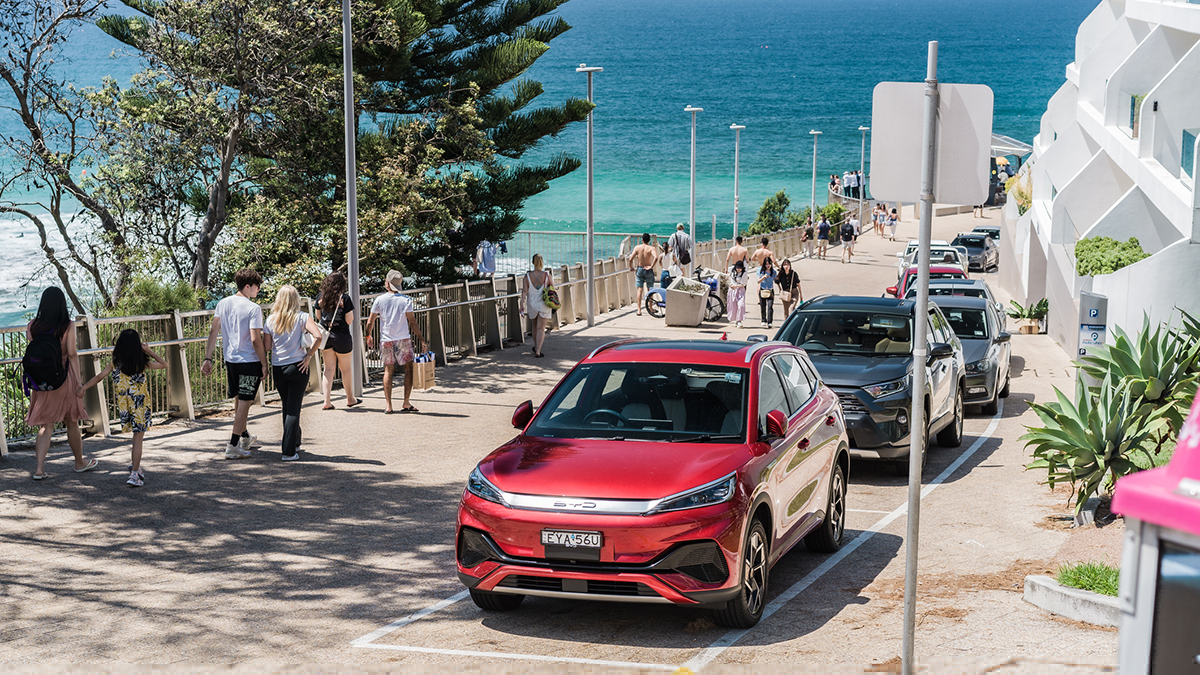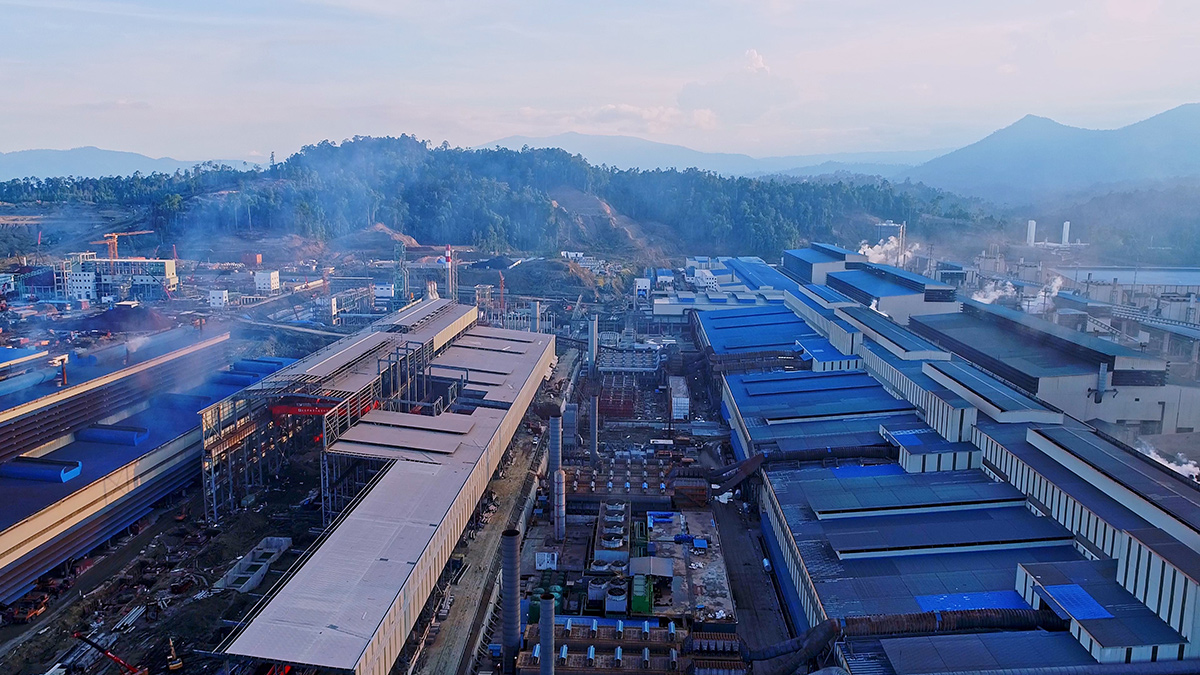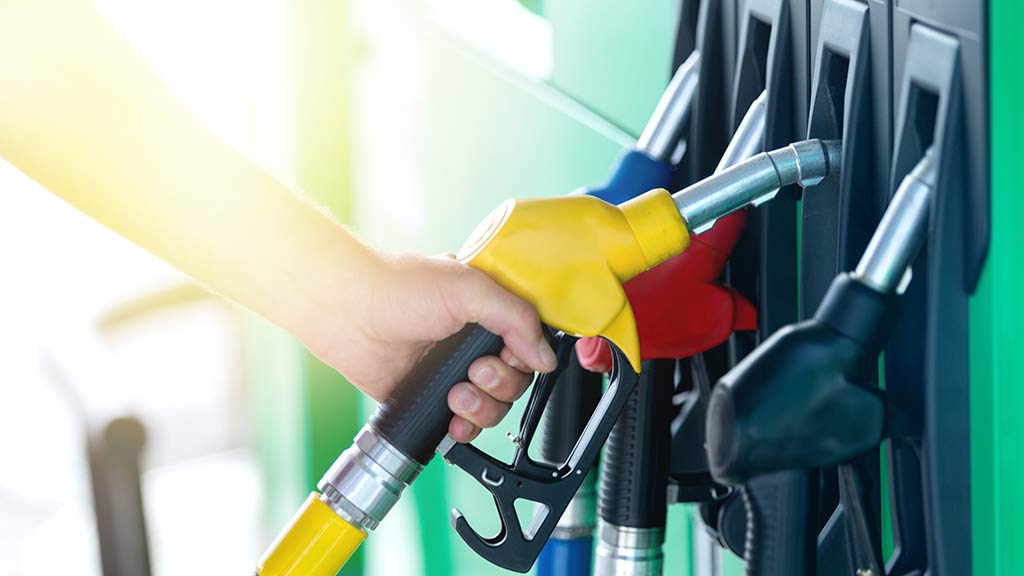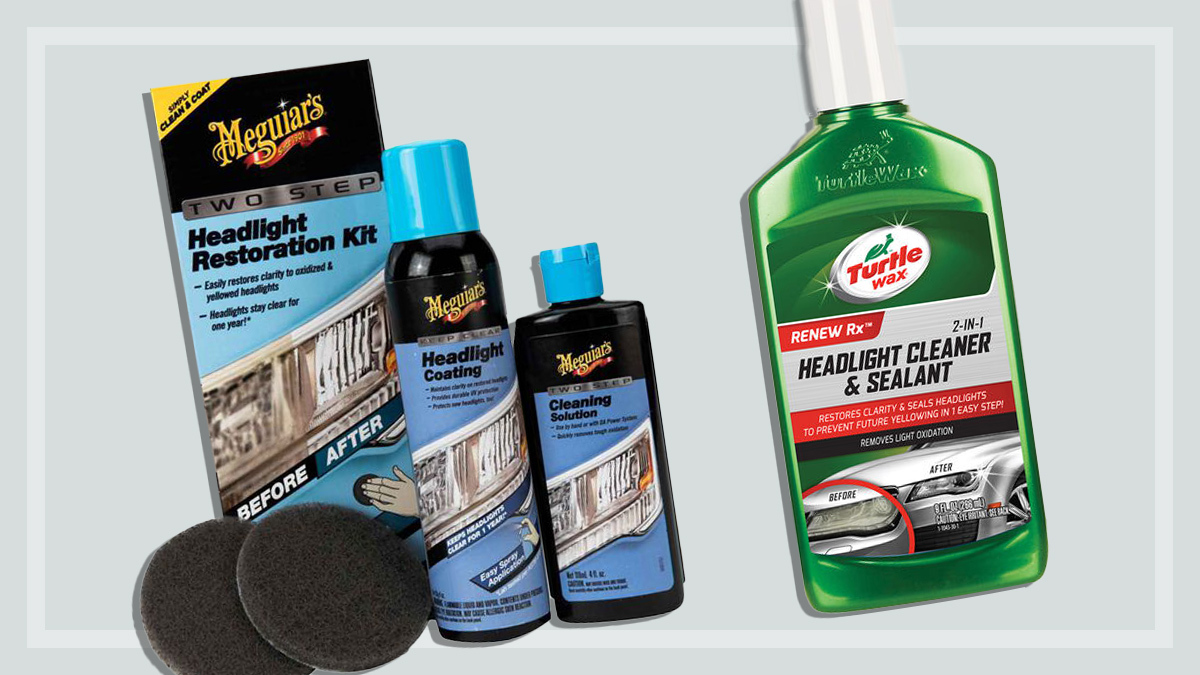Get our independent lab tests, expert reviews and honest advice.
What to do if your car needs towing after an accident

It’s impossible not to stress out when you’ve had a bingle: you’re in shock, there’s traffic banking up behind you and all you can think about is getting your car off the road and getting out of there. Then suddenly a tow truck driver arrives to move your car and you’re so relieved you could just about kiss them.
On this page:
But do you just go with the first tow truck to arrive on the scene and trust that they’ll take care of you? We’ll talk you through what to do, what to watch out for, and what the rules are around tow trucks in your region.
I need a tow truck – what do I do?
- Contact your insurer Before you do – or sign – anything, call your insurance provider. They may be able to organise a tow for you and tell you what to expect.
- Check your cover Towing cover varies from insurer to insurer and you may not be covered for towing. It’s a good idea to review your product disclosure statement to check your policy’s limits.
- Don’t sign on the dotted line Never sign a blank or incomplete towing authority form. Make sure it includes the full address of where the car is being towed to and the towing fee.
- Read the fine print Always read the terms and conditions on a towing authority form. If it looks suspicious, don’t sign it – you could be signing up for more than you bargained for.
- It’s your choice You get to decide where your car is towed to.
- Take your time If you need time to consider your options, get the car towed to your home. That way you won’t be charged storage fees and you can make a decision when your head’s clearer – although you may end up having to pay for two tows.
“While it is safe to use most tow truck providers, if you have a crash and your vehicle is not drivable we recommend you call your insurer as soon as possible and let them organise the tow,” an RACQ spokesperson says. “Insurers may have limits on how much they will pay for towing after a crash and you don’t want to be caught out of pocket.”
Remember too that it’s illegal for anyone to harass or coerce you into buying goods or services, so don’t let anyone pressure you into accepting a tow if you’re not comfortable with it.
Always read the fine print
With accident towing paperwork, any dodgy deviations from standard practice will be buried in the fine print, so make sure you take the time to read it thoroughly. (Hard to do when you’re still shaking from the car crash, we know, but five minutes’ reading time could save you months of pain in the long run.)
Many states have regulated forms issued by the state government, so if it looks more like a brochure or a contract than a standard form, be suspicious.
“Don’t sign any documents at the scene of an accident except the regulated towing authorisation forms. The form should only collect appropriate information about the car and contact details, and you should get a copy,” says Campbell Fuller, the Insurance Council of Australia’s general manager of communications and media relations.
Carnapping and how to avoid it
Some towing companies take advantage of your state of mind after an accident and get you to sign dodgy documentation while you’re frazzled and unlikely to check the fine print. This is known in the industry as ‘carnapping’.
Along with giving towing companies permission to tow your vehicle, some of these contracts also contain particularly unpleasant terms, like locking you into using a particular repairer who’ll charge you (or your insurer) inflated fees for repairs or storage.
“If you get locked into charges over and above what your insurer covers under your policy, you may be left to foot the bill, so always contact your insurer before signing anything,” an RACQ spokesperson says.
Next-level nasty
One particularly nasty scam that takes carnapping to the next level involves unwitting drivers signing documents that give dodgy lawyers permission to act on their behalf.
In 2017, Victorian lawyer Nicholas Logan was found guilty of misconduct for his involvement in a scam in which not-at-fault drivers were talked into signing documents that gave him permission to sue the at-fault driver for inflated repair fees.
Often the victims were unaware of the hustle until they were summoned to court. One case saw Logan attempt to charge a victim’s insurer more than $10,000 for $4300 worth of repair work.
Logan pleaded guilty to seven charges of misconduct and was banned from legal practice for two years.
“Signed my life away”
A bad day got even worse for CHOICE member Kieren when he had an accident in 2015. “Immediately after a head-on collision, I signed my life away to a dirty towing company that charged exorbitant storage fees,” he says.
Kieren says the tow truck driver put the wrong date on the towing authority document, which effectively meant he only had 48 hours’ free storage, instead of the 72 hours he’s entitled to in Queensland. Kieren was then charged storage fees of $66/day. (Storage fees for accident towing aren’t regulated in Queensland, but storage fees for cars removed from private car parks are just $25/day.)
When he went to have his vehicle towed from the company’s holding yard, he was told he could only use the towing company’s staff to move it – so the wrecker he’d engaged to take the vehicle away wasn’t allowed to access his vehicle. This meant he had to pay even more money to the company to have his vehicle towed to the wrecker.
A Transport and Main Roads spokesperson says that there’s never been a regulatory requirement for the same tow truck operator to be used for a subsequent tow from a holding yard – but there also aren’t any rules against it.
While the company didn’t technically break the law, it still found sneaky ways to extract the maximum amount of money from an unsuspecting person, even within the constraints of a regulated industry. This is why it pays to double (and triple) check everything before you sign it.
What’s the deal in my state?
The accident towing industry is regulated on a state level, so the rules vary across Australia. In some regions fees are capped and rules are enforced, but in others there’s little regulation and dodgy companies continue to rip consumers off.
We’ve taken a look at the rules and regulations (or lack thereof) across Australia.
- Fees are regulated.
- You can contact anyone you want before signing the authorisation form.
- You can decide who tows your vehicle, and to where.
- Make sure the tow truck driver has an accredited driver certificate.
- Towing companies aren’t allowed to offer any services other than towing.
- Touting for repairs and kickbacks like spotter’s fees are illegal.
- Accident towing trucks should have a ‘TT’ number plate with four numbers before the ‘TT’ – such as ‘1234-TT’.
There’s no roster system for accident towing in NSW, so several drivers might appear on the scene vying for your business. It’s illegal for them to harass or coerce you to sign a towing authorisation, and they can’t offer any services other than towing. They have to provide you with a complete quote of all fees and charges.
| Service | Maximum fee | Additional fees |
|---|---|---|
| Accident towing | $238 |
|
| Subsequent tows* | $86 |
|
| Salvage** | 30 min free, then $61/hour | Assistant charged at $61/hour |
| After-hours*** | 20% surcharge |
*Subsequent tows: the fee for having your car towed from the towing company’s holding yard after it’s been stored there.
**Salvage: this is where your car needs extra work to be removed from the accident site – you might’ve driven through a wall or into a ditch.
***5pm–8am weekdays, plus weekends and public holidays.
| Vehicle type | Region | Max. fee per 24 hours |
|---|---|---|
| Car | Sydney metro | $23 |
| Rest of NSW | $14 | |
| Motorbike | Sydney metro | $12 |
| Rest of NSW | $7 |
Complaints
To make a complaint about a towing company in NSW, call NSW Fair Trading on 1300 131 134.
- Melbourne, the Mornington Peninsula and Geelong have a crash allocation system.
- Fees are regulated in Melbourne and the Mornington Peninsula.
- You need to sign an authority to tow document.
- You can decide where your vehicle is towed to.
- Touting for repair work is illegal.
- Accident towing trucks should have ‘TOW’ number plates.
In parts of Victoria, a crash allocation system operates. If you need accident towing in Melbourne and the Mornington Peninsula, call 13 11 76 and the allocation centre will send out a tow truck. In Geelong, call (03) 5277 2111.
In the rest of Victoria, you’ll need to arrange accident towing yourself or through your insurer.
Before you sign anything, the tow truck driver should give you a leaflet: ‘Towing from an accident scene’. They also have to explain your right to choose where the vehicle is towed.
| Description | Fee |
|---|---|
| Towing | $221.40 |
| Additional fee | $3.50/km for more than 8km |
| After-hours surcharge* | $75.60 |
| Vehicle type | Storage type | Fee per day |
|---|---|---|
| Car | Under cover | $17.00 |
| In locked yard | $11.50 | |
| Motorbike | Under cover | $5.60 |
| In locked yard | $3.60 |
Geelong and regional Victoria
Fees for accident towing, salvage and storage aren’t regulated in the rest of Victoria, but VicRoads says they need to be “reasonable”.
Complaints
If you’ve tried to resolve a complaint with a towing company to no avail, you can lodge a complaint with the Heavy Vehicle Services, Compliance Operations Group. Call them on (03) 9881 8787. If you’re not happy with the outcome, you can go to the Victorian Ombudsman: ombudsman.vic.gov.au.
- The towing industry is regulated in parts of Queensland.
- Fees for towing and storage are capped (for less than 50km of towing).
- The first 72 hours of storage are free.
- You need to sign a towing authority.
- The tow truck driver must have accreditation.
- Kickbacks for repairs are illegal.
- Heavy fines apply for dodgy practices.
In 2017, the Queensland towing industry had a massive shake-up when the government ordered an independent investigation into the towing of vehicles from private property car parks, due to concerns about shady business deals, intimidating tactics and excessive fees.
New laws came into play in April 2018 to protect people, including changes to maximum fees for towing from private properties and increased penalties for dodgy behaviour.
Accident towing is also regulated in parts of Queensland, but less-populated and remote areas generally aren’t covered.
The towing authority document should outline the terms of the tow, such as delivery destination and fees. Read the fine print carefully so you don’t get caught out. “If you get locked into charges over and above what your insurer covers under your policy, you may be left to foot the bill,” an RACQ spokesperson says.
When asked about carnapping, a spokesperson from the Queensland Department of Transport and Main Roads said, “we are not aware of this practice being common in Queensland.” But an RACQ spokesperson says “this does happen unfortunately”.
In regulated areas, a ‘standard tow’ includes:
- 60 min working time at accident scene
- transporting vehicle from accident scene to agreed destination
- 72 hours’ storage in holding yard.
| Description | Maximum fee |
|---|---|
| Standard tow | $348.95 for first 50km |
| Additional km | $6.90/km |
- call-out fees
- travel fees (travel from the company’s premises to the accident scene)
- fees to access the vehicle at the holding yard (within business hours)
- other incidental fees.
If you want to report dodgy tow truck operator practices, call the Department of Transport and Main Roads’ tow truck hotline on 1800 681 636.
- Fees aren’t regulated.
- Many companies pay spotter’s fees.
- The WA towing industry has a history of dodgy behaviour.
- You need to sign a towing authority.
- Don’t sign anything that doesn’t show the total cost.
Towing fees in Western Australia aren’t regulated, and the state’s towing industry has quite a poor reputation. The government is working to update regulations for tow trucks, but doesn’t plan to address towing fees and licensing issues.
WA towing companies have been accused of ‘chasing’ crashes and paying commissions to ‘spotters’, as well as overcharging and asking people to sign blank or incomplete towing authority forms.
Many WA towing companies openly advertise that they pay spotter’s fees of up to $200 per vehicle for fully insured vehicles, plus fees for owners’ calls. Spotter’s fees are illegal in many other Australian states, but there’s no law against them in WA.
Before they can tow your vehicle, WA tow truck drivers need to take a statement with details like the towing destination, your name and address, number plate and the driver’s licence details, plus the tow truck driver’s details. You’ll need to sign it and they should give you a copy. The WA Department of Transport (DoT) is considering making pricing information a mandatory part of the authority form, but this isn’t the case yet.
“Do not sign a towing authority form that does not disclose or include the total cost of the service or the towing location,” a DoT spokesperson says.
- In Adelaide, accident towing operates on a roster system; elsewhere, you’ll need to organise towing yourself.
- You’ll need to sign an authority to tow form before they tow your vehicle.
- You can choose where the car will be towed.
- All fees need to be paid up before you can collect your vehicle.
In metropolitan Adelaide, tow trucks are dispatched through a roster scheme, so only one tow truck turns up at the scene. If you need accident towing, call (08) 8231 5555. The next available truck on the roster will be sent out to help you.
The operator will give you an approximate arrival time and the name of the tow truck operator. You can choose where your car will be taken (even if you don’t have the money to pay on the spot).
Outside of Adelaide, you can use any tow truck operator.
*Normal hours: between 7.30am and 5.00pm, any day other than a Saturday, Sunday or public holiday.
- Fees aren’t regulated.
- In Darwin, accident towing operates on a roster system; elsewhere, you’ll need to organise towing yourself. (Although plans are afoot to regulate Katherine and Alice Springs.)
- You need to sign a towing authorisation
- The tow truck operator needs to tell you how much the towing fee is before they tow your car.
- Accident spotting and off the hook transactions are illegal in the NT.
- You can negotiate the fee with the tow truck driver.
The NT has a Tow Truck Operators Code of Practice, which “ensure[s] that persons involved in a motor vehicle accident are not subjected to distressing or manipulative conduct or unfair competition by tow truck operators at the site of the accident”.
The authority responsible for administering the Code of Practice has the power to set recommended fees for accident towing, but had not done so at the time of publishing.
In Darwin, there is a tow truck operator roster in place, managed by the Motor Trades Association (MTA), which has contracted Chubb to administer it. The MTA is currently working with police in relation to accident towing in Katherine and Alice Springs.
The tow truck operator has to complete a towing authorisation, which you’ll then sign. They must give you a copy of the form. They need to tow the vehicle to the place you’ve specified by the shortest route possible, and they can’t pressure you to have it towed to another location.
In the NT, ‘accident spotting’ (alerting a tow truck driver to an accident) and ‘off the hook transactions’ (where the tow truck driver secures work for a repairer or wrecker) are illegal.
The tow truck operator needs to tell you what the fee will be before they tow your vehicle. You can negotiate the fee with the tow truck driver.
If you need to make a complaint about a tow truck operator, get in touch with NT Consumer Affairs: www.consumeraffairs.nt.gov.au.
- Accident towing isn’t regulated.
- Fees aren’t regulated.
- A tow roster system is in operation throughout the state.
The accident towing sector isn’t regulated in Tasmania, so there are no rules around fees, paperwork or tow truck operator practices.
A spokesperson from the Tasmanian Department of State Growth told us that Tasmania Police operates an automated tow roster system as part of the Emergency Services Computer Aided Dispatch System. Each region has a list of tow operators who cover the respective areas, and it works as a rolling roster.
- Accident towing isn’t regulated.
- Fees aren’t regulated.
- You can organise your own tow, or police can arrange a tow for you.
- A towing roster is in place in the ACT.
The accident towing sector isn’t regulated in the ACT, an Access Canberra representative told us, so there are no rules around fees, paperwork or tow truck operator practices.
If you’re involved in an accident and need towing, you can arrange your own tow. Police can organise a tow for you if you can’t manage to do it yourself, or if you’re injured or not present at the scene.
Dirty deals
The towing industry has a shady history: think standover tactics, links to organised crime and shonky backroom deals.
Most states have tightened things up, but Western Australia really is the wild west of accident towing, with no regulation of fees and allegations of overcharging.
‘Spotter’s fees’ are illegal in most other Australian states, but in WA companies blatantly advertise payouts of up to $200 if you let them know about a crash.
Even where things are more regulated, the towing industry still isn’t exactly squeaky clean. A NSW police officer was sacked in 2017 for giving a towing company accident tip-offs in exchange for cash, and a 2014 review of the NSW smash repair industry found that tow truck drivers do dirty deals with smash repairers to ‘capture’ jobs from not-at-fault drivers.
We spoke with a Sydney business owner who was offered a ‘spotter’s fee’ by a towing company in 2017. His business was near a busy intersection that had its fair share of car accidents.
“One day a tow truck driver showed up and said, ‘If you see a crash, give me a call and I’ll give you fifty bucks,'” Mike (not his real name) says.
Mike says he called the driver around seven times but, despite the towing company picking up business each time, he claims he was only paid a total of $50. The final straw was an accident between two cars that he called in and didn’t receive payment for, despite seeing the towing company load both cars. “I haven’t called them again since,” Mike says.
Inducements like spotter’s fees are illegal in NSW under the Tow Truck Industry Act 1998.

